In recent years, composting has surged in popularity as a sustainable method for recycling organic waste into nutrient-rich soil. This eco-friendly practice not only reduces the amount of waste sent to landfills but also enriches garden soil, supports plant growth, and fosters a healthier environment. If you're new to composting and wondering how to create quality compost with your own hands, this guide will walk you through the basics and help you get started on your composting journey.
What is Composting?
Composting is the natural process of decomposing organic matter—such as food scraps, yard waste, and paper products—into a dark, crumbly substance called compost. This process mimics nature’s recycling system and transforms waste materials into a valuable resource for gardening and landscaping. The resulting compost is teeming with beneficial microorganisms and nutrients that can enhance soil structure and fertility.
The Basics of Composting
- Choose a Composting Method:
- Bin Composting: This method involves using a compost bin or tumbler, which helps contain and manage the composting process. Bins can be purchased or DIY.
- Pile Composting: For those with ample space, creating a compost pile in your yard is an easy and cost-effective method.
- Worm Composting (Vermicomposting): This indoor or outdoor system uses worms to break down organic matter more quickly.
- Gather Composting Materials: Compost requires a balance of green (nitrogen-rich) and brown (carbon-rich) materials. Here’s what to include:
- Greens: Vegetable scraps, fruit peels, coffee grounds, grass clippings, and eggshells.
- Browns: Dry leaves, straw, cardboard, newspaper, and sawdust.
- Layering Your Compost: To create a well-balanced compost pile, alternate layers of green and brown materials. A good rule of thumb is to use three parts brown materials for every one part green materials. This layering helps ensure proper aeration and decomposition.
- Maintain Proper Moisture and Aeration: Compost should be kept moist but not soggy, similar to a wrung-out sponge. Turn the pile regularly to introduce oxygen, which helps microorganisms break down the materials. Turning also prevents odor and promotes faster composting.
- Monitor Temperature and Decomposition: As compost breaks down, it generates heat. A hot compost pile (between 130-160°F or 54-71°C) will decompose more quickly and kill most weed seeds and pathogens. If your pile isn’t heating up, consider adding more greens or turning it more frequently.
- Harvest Your Compost: Composting can take anywhere from a few months to a year, depending on conditions and materials used. When the compost is dark, crumbly, and earthy-smelling, it’s ready to use. Sift out any large, undecomposed chunks and return them to the pile to continue breaking down.
Tips for Successful Composting
- Avoid Adding: Meat, dairy products, oils, and diseased plants, as these can attract pests and create unpleasant odors.
- Shred Large Materials: Cutting or shredding larger items like cardboard or branches helps speed up decomposition.
- Be Patient: Composting is a natural process that takes time. The key is consistency and patience.
Benefits of Composting
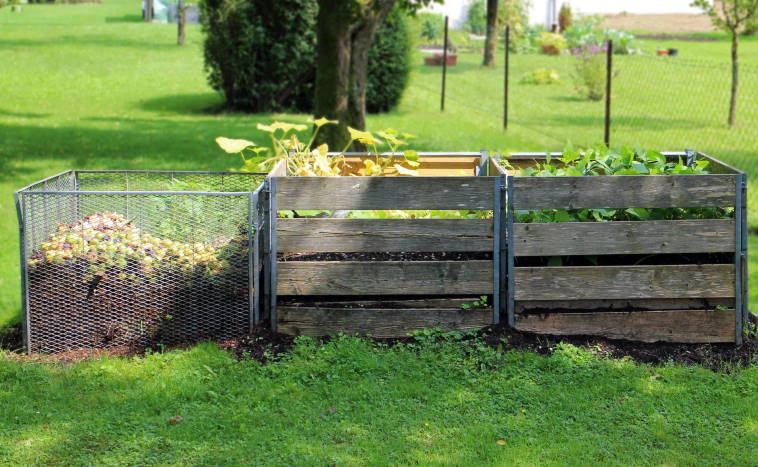
Composting offers numerous advantages, including:
- Waste Reduction: Diverts organic waste from landfills, reducing greenhouse gas emissions.
- Soil Enrichment: Adds essential nutrients and improves soil texture and water retention.
- Cost Savings: Reduces the need for chemical fertilizers and soil amendments.
Getting Started
Begin by selecting a composting method that suits your space and lifestyle. Collect and prepare your materials, and start building your compost pile or bin. With a little attention and care, you'll soon have rich, dark compost that will benefit your garden and contribute to a more sustainable future.
By turning your organic waste into compost, you're not only creating a valuable resource but also making a positive impact on the environment. So roll up your sleeves, get your hands dirty, and enjoy the rewarding process of composting!
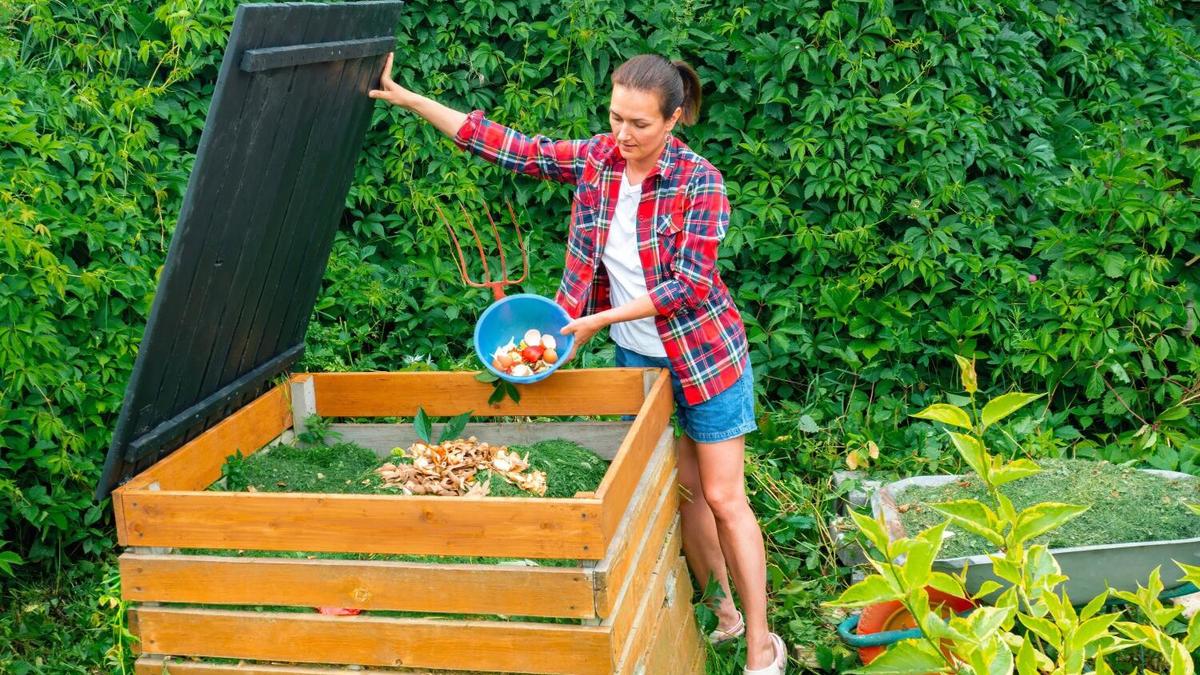
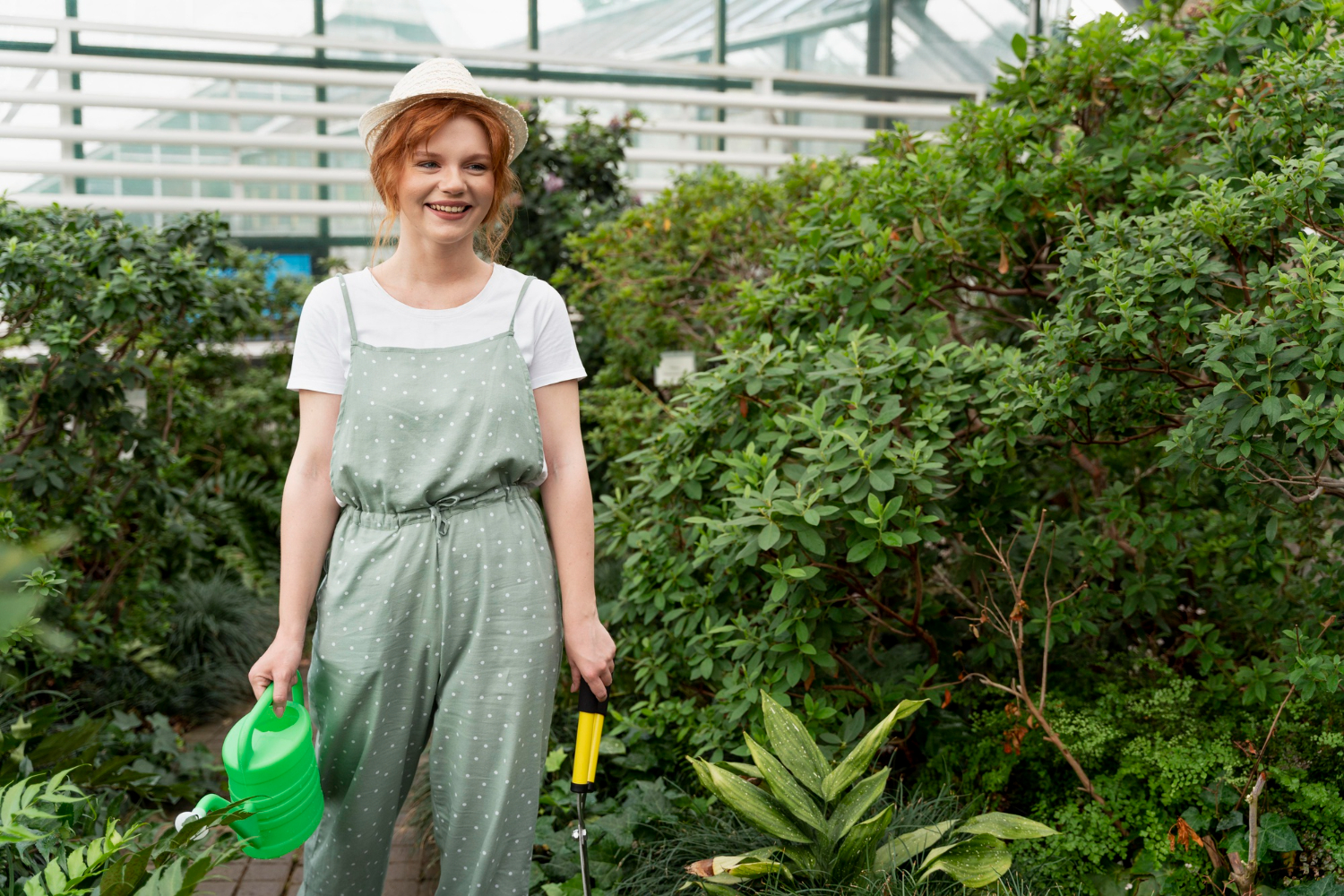
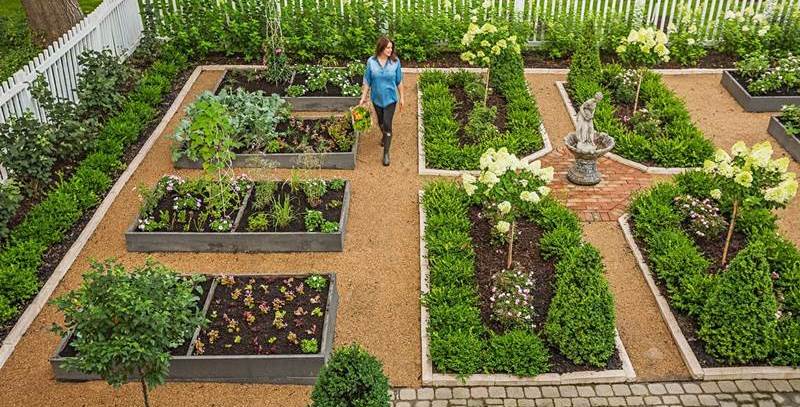
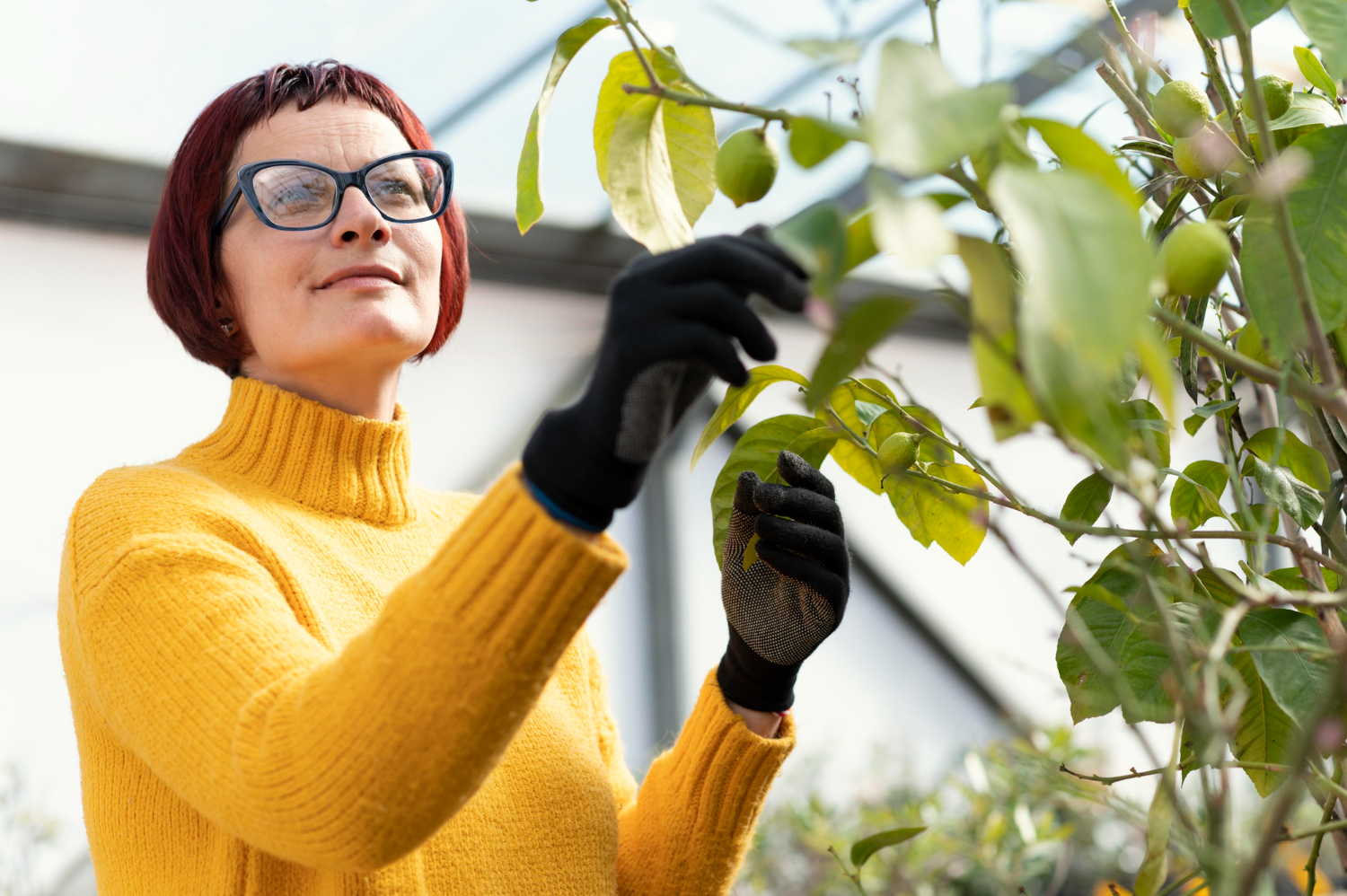
‟I was amazed at the quality of the information on this site. The articles are well written and easy to read. Highly recommended.”
Tobias Brooks
Author
‟The popularity of this site speaks of its benefits. The large number of article views and a huge comments section show how much people benefit from the information provided.”
Rami Thompson
Author